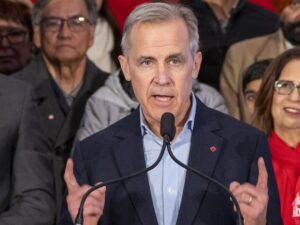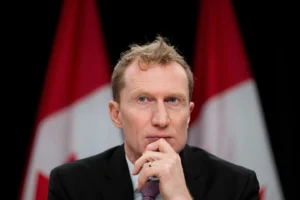The Naira, on Thursday gained a bit further over three major foreign currencies to close at 377 to the dollar against 378 traded on Wednesday at the unofficial segment of the forex market.
The local currency at the end of yesterday trading, garner more strength over Pound sterling and the Euro, while closing at 491 and 418, respectively, against 492 and 420 sold the previous day.
The naira, however, steady at the official market rate of 305.40, the same it sold on Wednesday but weaker than 305.35 to the dollar sold last week.
But fell at the Investor and Export FX window, opened at 380.44 to close at 380.50, compare to the quoted rate of 380.33 per dollar within the week, according to the market regulator FMDQ OTC Securities Exchange.
Meanwhile, the Central Bank of Nigeria (CBN) has been intervening on the official market to try to narrow the spread between the official interbank and black markets. It has sold around $4 billion since February, but analysts doubt that this pace can be sustained.
The nation’s external reserves shed no less than $268 million in the space of one month, due to continual injections of the foreign exchange by the Central Bank of Nigeria (CBN) into the official interbank market, the latest figure on its official website has revealed.
The reserve has risen by $4.7 billion since the beginning of the year, but as of May 25, 2017, standing at $30.49 billion, against $30.76 billion stood exactly a month ago.
The statistics further showed that the current balance $30.49 billion as of May 25, represents the lowest level since April 18 and down 0.87 percent from a month ago.
However, the figure as of May 8, 2017 stood at $30.93 but dropped by $145.7 million or 0.48 per cent from $30.66 billion it opened two weeks ago to $30.5 billion last Thursday.
Although, the forex reserves, according to the apex bank’s data went up by 15.27 percent year-on-year, as the Africa’s biggest economy shrank by 1.5 percent in 2016 in its first annual recession in 25 years, hit by a shortage of hard currency and lower revenue from its dominant oil sector as world crude prices remained under pressure.
The central bank has been intervening on the official market to try to narrow the spread between the official interbank and black markets. It has sold over $4 billion since February, but analysts doubt that this pace can be sustained.
For instance, the central bank on Tuesday intervened in the official foreign exchange market to the tune of $482.6 million, which has helped the local currency to jerk up by two points, closing at 378 per dollar at the parallel market.








